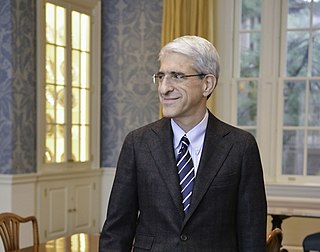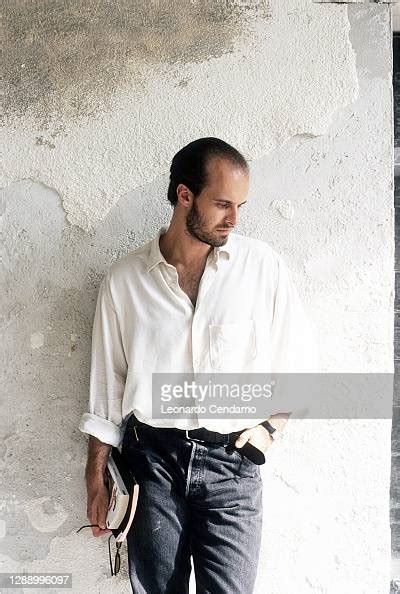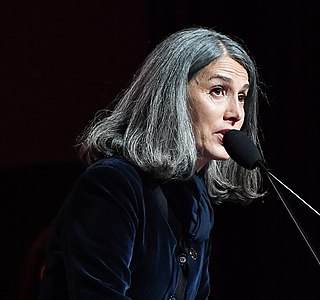A Quote by Jim Hodges
Landscape is a piece that is emotional and psychological.
Quote Topics
Related Quotes
When it does get below freezing and there is - it's cold enough for ice to form, then that changes the whole landscape, and it makes the landscape a different landscape to the one that I worked with previously. And I want to understand that. But the big tension of the ice works is that they're often made when it's cold enough to freeze one piece of ice to another.
My contention is that as long as you have other faculties-the emotional, psychological, intuitive faculties-you haven't lost yourself or even diminished yourself. Don't be ashamed when you're physically limited or dysfunctional; don't think that you're any less because of your condition. In fact, I feel I am even more myself than I was before I got this illness because I have been able to transcend many of the psychological and emotional limitations I had before I developed ALS.
I think in the coming decade we will see well-conducted research demonstrating that emotional skills and competencies predict positive outcomes at home with one's family, in school, and at work. The real challenge is to show that emotional intelligence matters over-and-above psychological constructs that have been measured for decades like personality and IQ. I believe that emotional intelligence holds this promise.
I think there are three kinds of songs; it's only my theory: psychological, emotional, and spiritual. When you write psychologically or intellectually, you have a tune in your mind, and you re-write it. It's an intellectual approach. The emotional is my favorite because it comes from my kishkas; it comes from my soul.
The management of creativity is more intimate. By that I mean that it deals with an individual's personal, psychological landscape. It deals with the way you create relationships. It deals with creating an atmosphere and environment that support the creative process. As a result, it is a management skill set that is inherently psychological and that encourages desired outcomes rather than demands those outcomes.
The psychological and physiological mechanism of love is so complex that at a certain period in his life a young man must concentrate all his energy on coming to grips with it, and in this way he misses the actual content of the love: the woman he loves. (In this he is much like a young violinist who cannot concentrate on the emotional content of a piece until the technique required to play it comes automatically.)


































